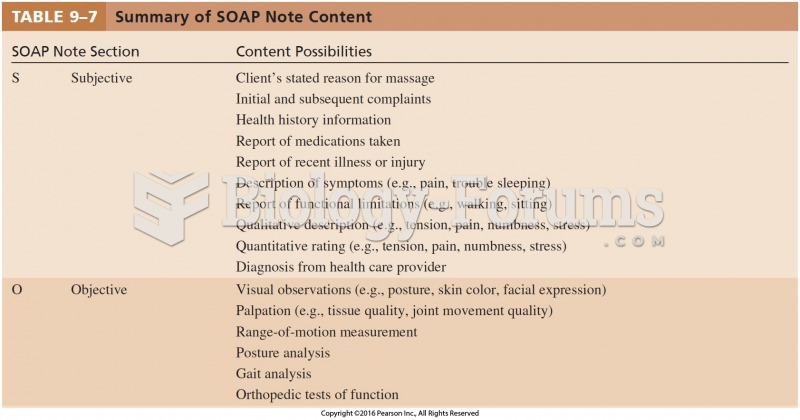|
|
|
Most childhood vaccines are 90–99% effective in preventing disease. Side effects are rarely serious.
The human body's pharmacokinetics are quite varied. Our hair holds onto drugs longer than our urine, blood, or saliva. For example, alcohol can be detected in the hair for up to 90 days after it was consumed. The same is true for marijuana, cocaine, ecstasy, heroin, methamphetamine, and nicotine.
Stroke kills people from all ethnic backgrounds, but the people at highest risk for fatal strokes are: black men, black women, Asian men, white men, and white women.
Urine turns bright yellow if larger than normal amounts of certain substances are consumed; one of these substances is asparagus.
Cytomegalovirus affects nearly the same amount of newborns every year as Down syndrome.







